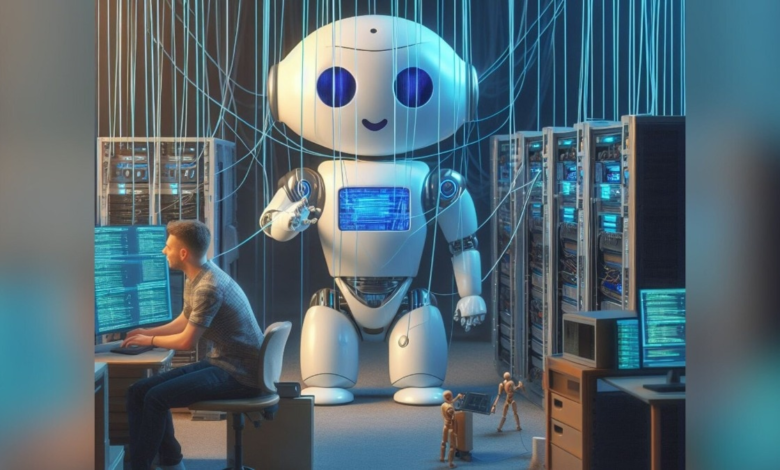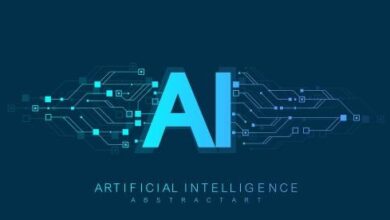India leads Asia Pacific region in generative AI adoption: Report

Deloitte has released its report Generative AI in Asia Pacific: Young Employees Lead as Employers Play Catch-Up, showing India’s engagement with Generative AI (GenAI). The survey, covering 11,900 people in Asia Pacific, places India at the top among 13 countries for GenAI use and adoption. An impressive 93 per cent of students and 83 per cent of employees in India are actively using this technology.
India’s strong GenAI adoption is led by young, tech-savvy employees, called “Generation AI.” These young workers are using GenAI to save time, learn new skills, create manageable workloads, and boost productivity. This trend is creating new challenges and opportunities for employers.
The report predicts an 182 per cent increase in daily GenAI usage over the next five years. This growth reflects confidence in GenAI’s potential to boost the Asia Pacific’s role in the global economy. About 75 per cent of Indians believe in its economic benefits, and 83 per cent see it improving social outcomes.
Key findings:
- Students and employees are driving the GenAI revolution in Asia Pacific, though only 50 per cent believe their managers know about their usage
- GenAI could affect 17 per cent of working hours in Asia Pacific, equivalent to nearly 1.1 billion hours annually
- Developing countries are adopting GenAI at 30 per cent, faster than developed economies
- GenAI users in Asia Pacific save about 6.3 hours per week, with Indian users saving 7.85 hours.
- 41 per cent of those saving time with GenAI say it has improved their work-life balance.
- Three-quarters of businesses are behind in GenAI adoption, according to their employees.
Chris Lewin, Deloitte Asia Pacific’s AI & Data Capability Leader, said, “One of the most exciting aspects of working with GenAI is that across the globe, it is happening to everything, everywhere, all at once. What we have experienced in the last 12 months is that the challenges faced by our clients in Indonesia or India are almost immediately relevant to teams in Italy and Ireland. One key lesson is that the rapid adoption of AI will not directly eliminate jobs, but the impact will be felt by businesses that fail to adapt. Their employees, and in particular, talent new to the workforce, will be drawn to rival businesses offering AI applications that can redraw the future of modern work.”



